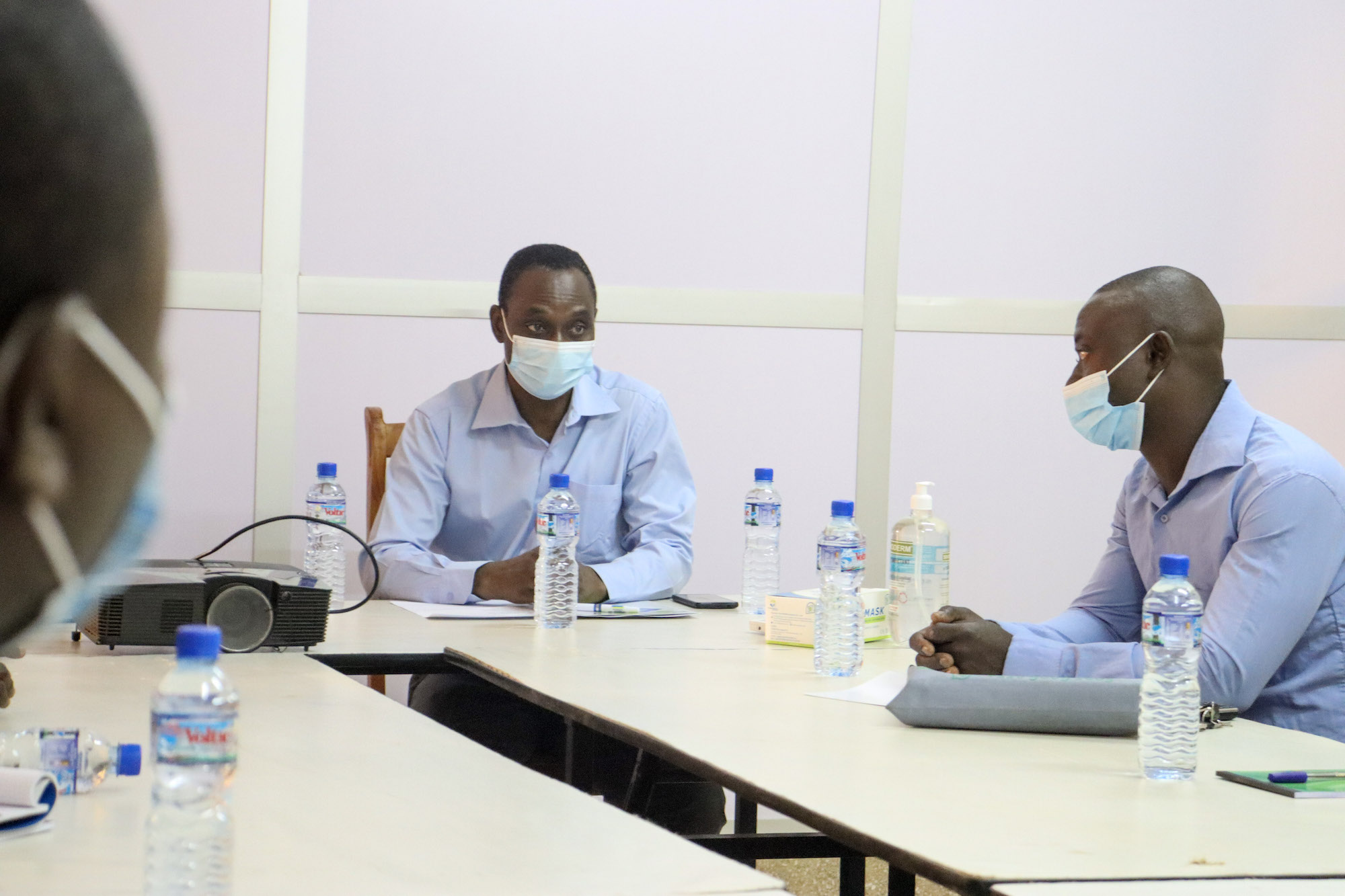In Togo, all health facilities, such as hospitals or health centers, are equipped with a Management Committee or COGES, responsible for administrative, financial, and operational oversight on behalf of the community. As part of their strategy to decentralize the healthcare system, the Ministry of Health recently increased COGES’ responsibility to raise funds for health center budgets. But with these extended responsibilities, members of the COGES needed training. Ensuring that hospitals and health centers have the necessary resources to function and deliver quality healthcare is a big responsibility that requires a specific set of skills and knowledge. The Ministry of Health asked Integrate Health for technical assistance to train members of COGES in resource mobilization.
What are COGES?
COGES are comprised of three members of the community including at least one woman. They are elected for a renewable, three-year term to occupy key functions: president, secretary, and treasurer. COGES manage the health center budgets and bank accounts and ensure that the pharmacies are stocked, among other tasks. They serve as liaisons between the Ministry of Health (the district health director and their staff) and the communities. Every semester, COGES report back to their communities on the functioning of the health center including the bank account, staff, pharmacy, etc. COGES play a critical role in ensuring that the Ministry of Health at the health center level is accountable to community needs and wishes.
Decentralization
Historically, the Togolese health system is a centralized hierarchy with decisions made cascading from the national level to region, district, and finally community levels. This creates many bottlenecks to respond to the needs of health centers and hospitals, and it also disconnects critical decisions from communities in need of better care. To respond to these challenges, the Togolese government is deploying a decentralization strategy, where they are giving more decision-making authority and ownership to local actors. COGES are therefore key to improving quality and access to healthcare in ways that respond to the needs of various communities across Togo. They have increased responsibility to raise funds for the health center functioning from local sources (both public like the mayor’s office and private such as local businesses).
Resource mobilization trainings
The COGES, being anchored in their communities, are in a unique position to fundraise for their health facilities. Their strategic positioning in the community gives them privileged access to knowledge over what the population needs. They operate from a position of trust and speak the language of the population they serve. As such, if empowered with adequate tools, they can develop targeted, community-based fundraising strategies. “Creating community-based financing mechanisms is key to building resilience. It’s about empowering communities to solve their own problems so that one day Integrate Health is no longer needed,” says Lucien Lia, Integrate Health’s Resources Mobilization Technical Assistant who also facilitated the trainings.
The trainings of the COGES were organized in four modules, which were held several months apart to allow the participants to make use of what they had learned. The trainings covered how to effectively identify and prioritize health center needs, build budgets, identify resources, and advocate for funding. During this time, COGES members benefited from personalized coaching in order to maximize their learning experience. Although the mid-term evaluation revealed areas of improvement regarding the availability of coaches and closer monitoring, participants showed a high degree of commitment. “It was a long training period, but participants were able to meet with local NGOs, associations, companies. Over time, they truly showed increased confidence with deeper knowledge of the resource mobilization environment. This is proof that there is a replication need for such trainings,” says Lucien.
Additionally, and building on the success of the first COGES training, Integrate Health and the Ministry hosted a training-of-trainers workshop with eight participants from various departments of the Ministry. They will in turn train COGES nationwide on resource mobilization. This is part of a strategy to scale up this pilot program across the country and further reinforce COGES’ capacity to fundraise and sustainably manage finances. “Members of the COGES demonstrated dedication and great teamwork to implement their action plan. High community engagement through selected leaders fostered buy-in while removing initial obstacles,” concluded Lucien in his evaluation report.

